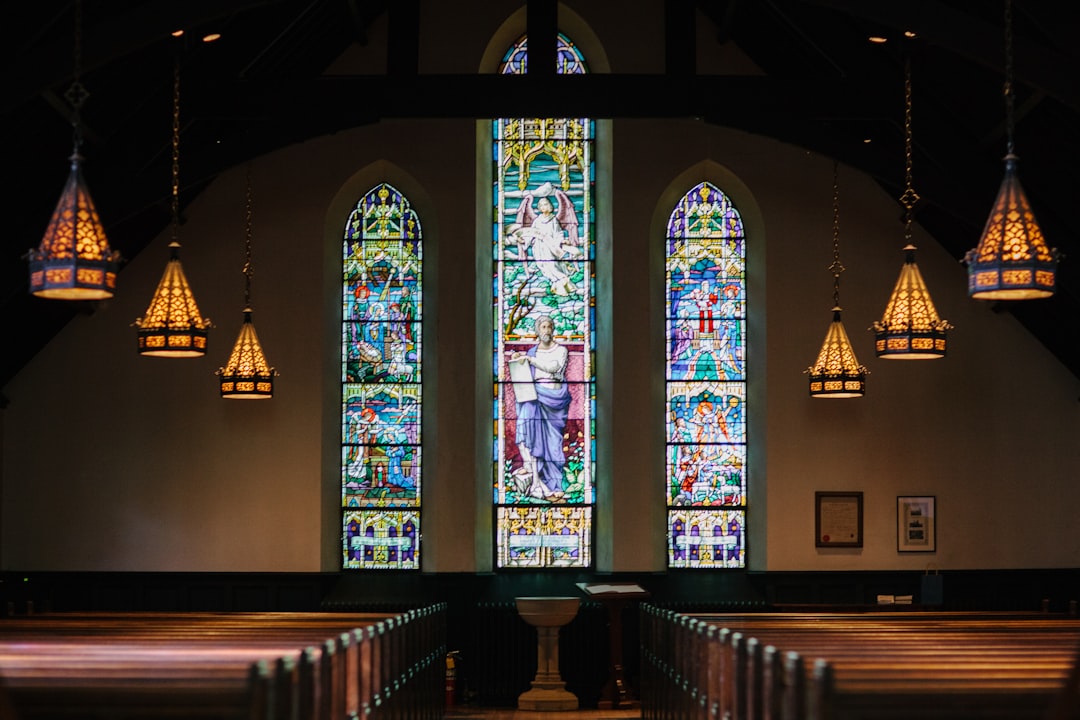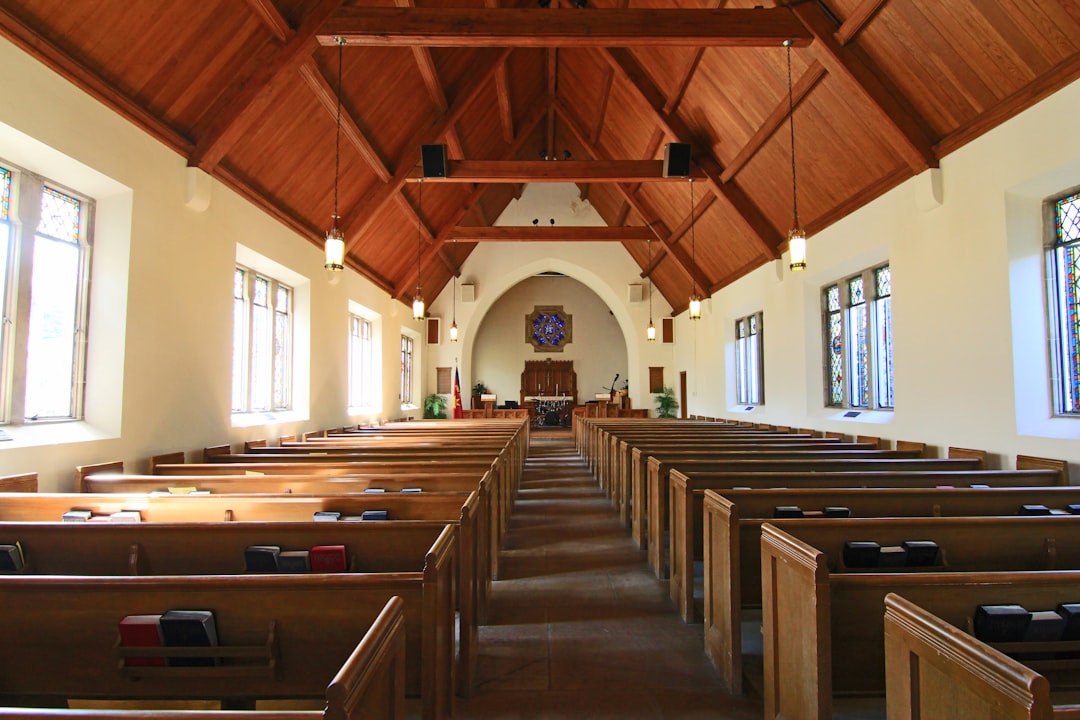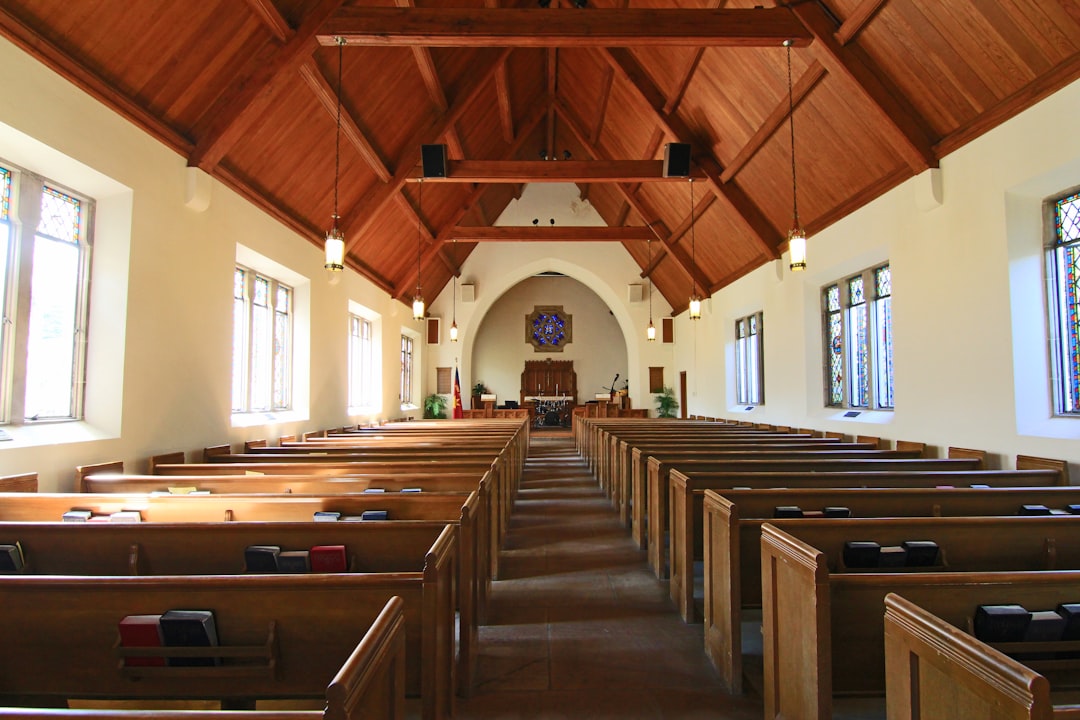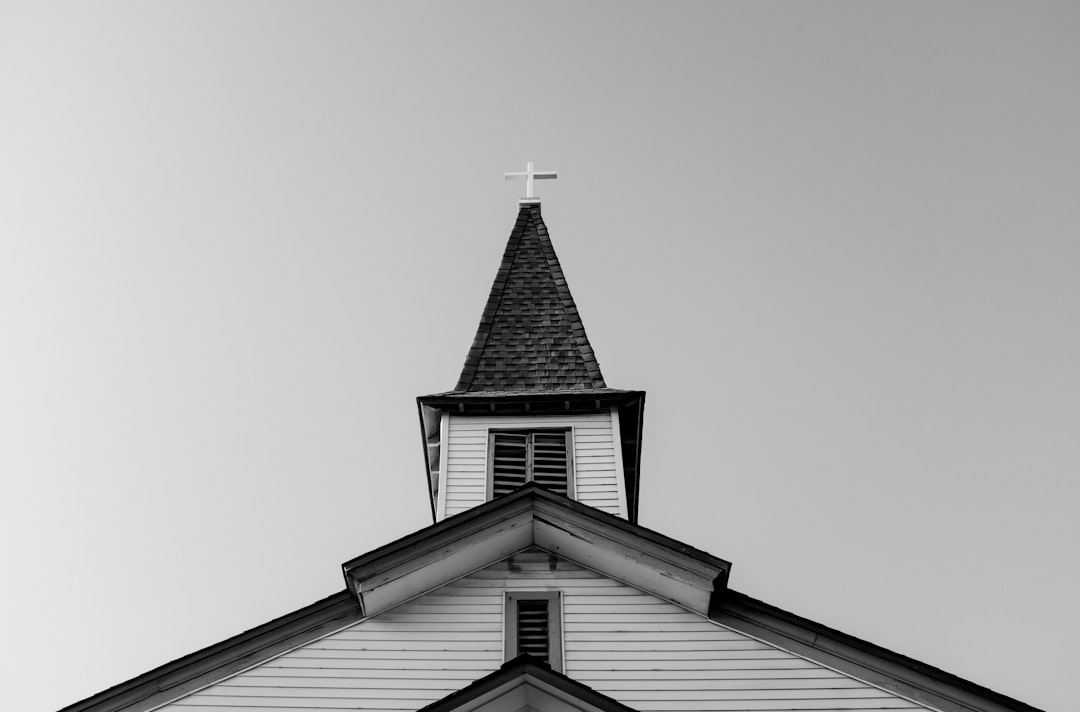In Missouri, clergy abuse cases involve complex interactions of state laws and religious policies. Specialized clergy abuse law firms navigate these intricacies, providing guidance, justice, and support to victims. Notable court rulings have established crucial precedents, promoting accountability and encouraging more survivors to come forward. These developments may lead to systemic changes within religious organizations, including enhanced child protection and ethical conduct.
In Missouri, the legal landscape surrounding clergy abuse has evolved significantly, with key precedents setting new standards for accountability. This in-depth analysis explores Missouri’s legal framework on clergy abuse, delving into historical cases that have shaped the legal response. We examine successful claims, the impact of notable rulings, and forecast future implications for ensuring clergy transparency and responsibility. For victims seeking justice and a path forward, understanding these precedents is crucial, with guidance from a specialized clergy abuse law firm in Missouri being essential.
Missouri Legal Framework on Clergy Abuse

In Missouri, the legal framework regarding clergy abuse is a complex web of state laws and religious institutions’ internal policies. The state has specific statutes that address sexual misconduct by clergymen, providing victims with legal recourse. These laws are designed to hold accountable any member of the clergy who exploits their position of power or trust for sexual purposes. A clergy abuse law firm in Missouri is well-versed in these laws and can guide victims through the legal process.
The legal precedent set by past cases involving clergy abuse has played a significant role in shaping the current legal landscape. These cases have established guidelines on what constitutes acceptable behavior, helped to raise awareness about the prevalence of such abuse, and ensured that victims’ rights are protected. As a result, Missouri’s legal system is better equipped to handle these sensitive matters, providing support and justice for those affected by clergy abuse.
Historical Perspective: Precedent Cases
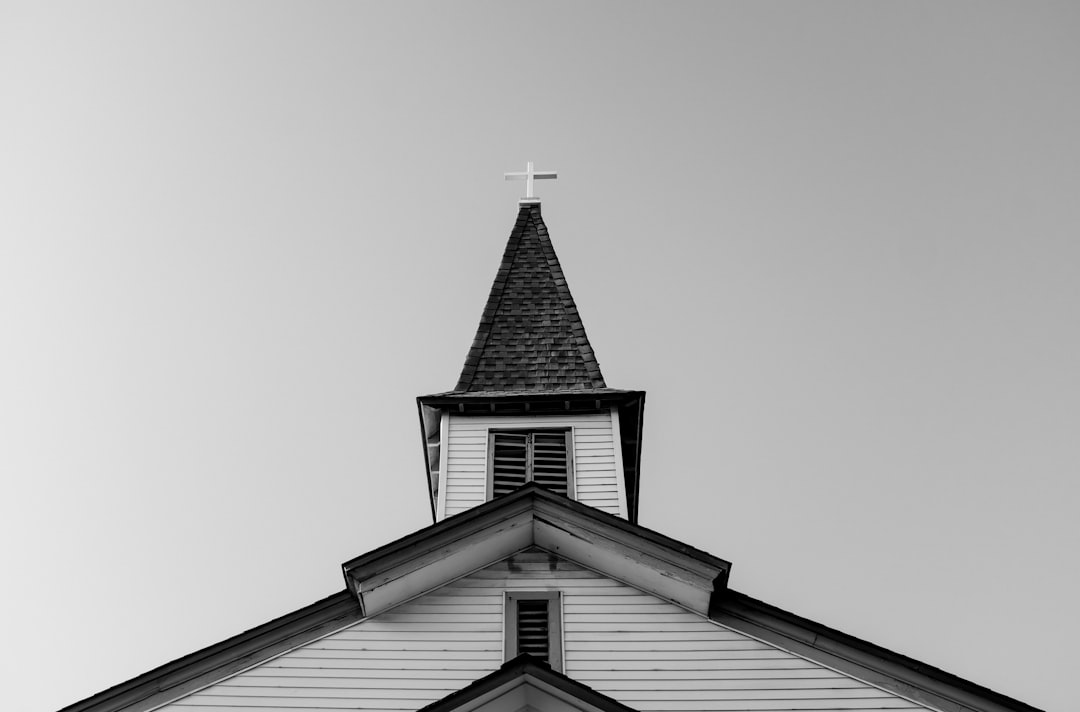
In the context of clergy abuse, Missouri has seen several significant legal cases that have shaped its precedent. Historically, these cases have played a pivotal role in establishing guidelines for handling allegations against religious leaders. Early precedents often focused on the separation between church and state, ensuring that legal actions did not infringe upon religious beliefs or practices. However, as societal awareness of clergy abuse grew, so did the sophistication of legal strategies aimed at holding accountable those who have exploited their positions of power within religious organizations.
Key cases in Missouri’s legal landscape have established important principles, such as the duty of care that clergy members owe to their congregations and the consequences for breach. These precedents have not only influenced how similar cases are handled but have also encouraged other states to adopt robust legal frameworks to combat clergy abuse. A comprehensive understanding of these historical perspectives is essential for any clergy abuse law firm in Missouri aiming to navigate complex legal terrain and provide justice for victims.
Key Elements of Successful Claims

When navigating a clergy abuse case in Missouri, understanding the key elements that constitute a successful claim is paramount. A clergy abuse law firm in Missouri will often emphasize the following aspects when building a solid legal strategy.
Firstly, establishing a clear and credible relationship between the plaintiff and the defendant is crucial. This involves proving that the accused cleric held a position of authority or trust over the victim. Additionally, a strong narrative detailing specific instances of abusive conduct, including the time, place, and nature of the abuse, strengthens the claim. Evidence such as witness testimonies, medical records, or any available documentation can significantly bolster the case. The law firm will also focus on identifying and addressing any applicable legal precedents set by Missouri courts regarding clergy abuse cases, ensuring a robust argument for compensation and justice.
Impact and Changes Post Notable Rulings

Notable rulings in Missouri regarding clergy abuse have significantly shaped the legal landscape for victims seeking justice. These decisions have not only established important precedents but also prompted a shift in how such cases are handled. Law firms specializing in clergy abuse in Missouri have been instrumental in advocating for survivors, ensuring that their rights are protected and they receive the compensation they deserve.
The impact of these rulings has been profound, leading to increased awareness and sensitivity towards clergy abuse issues. As a result, there’s a growing emphasis on accountability, with institutions being held responsible for protecting individuals under their care. This shift in approach has encouraged more victims to come forward, seeking legal recourse and support from specialized law firms dedicated to addressing these sensitive matters.
Future Implications for Clergy Accountability

The recent legal precedent set by the Missouri courts in clergy abuse cases has significant implications for accountability and justice across the state and potentially nationwide. This new understanding of power dynamics within religious institutions empowers survivors to come forward, fostering a culture of transparency and responsibility. As more victims find their voices, clergy abuse law firms in Missouri are expected to play a pivotal role in guiding individuals through legal processes, ensuring they receive the support and compensation they deserve.
The impact extends beyond individual cases, potentially leading to systemic changes within religious organizations. These developments may prompt churches and other spiritual bodies to reevaluate their policies and practices regarding child protection, ethical conduct, and reporting mechanisms. By holding clergy members accountable for their actions, this new legal framework could revolutionize the way communities address historical instances of abuse and work towards creating safer environments for future generations.
